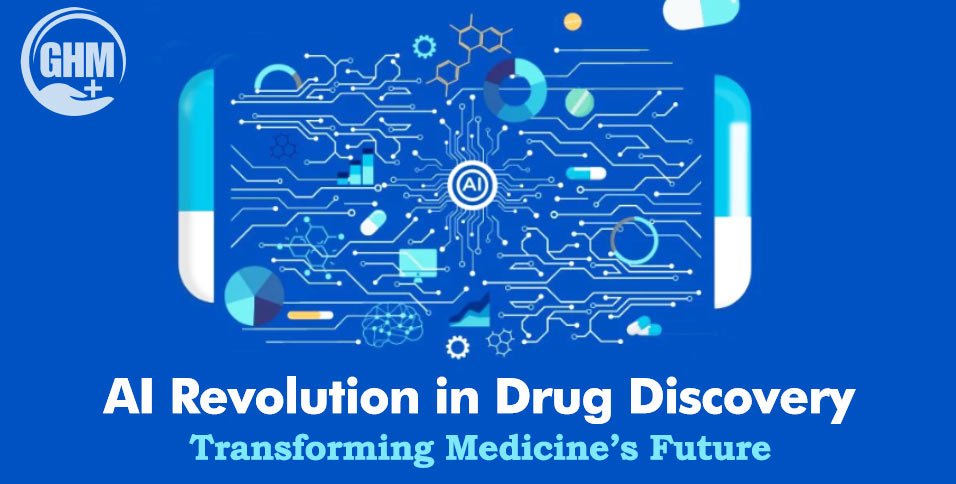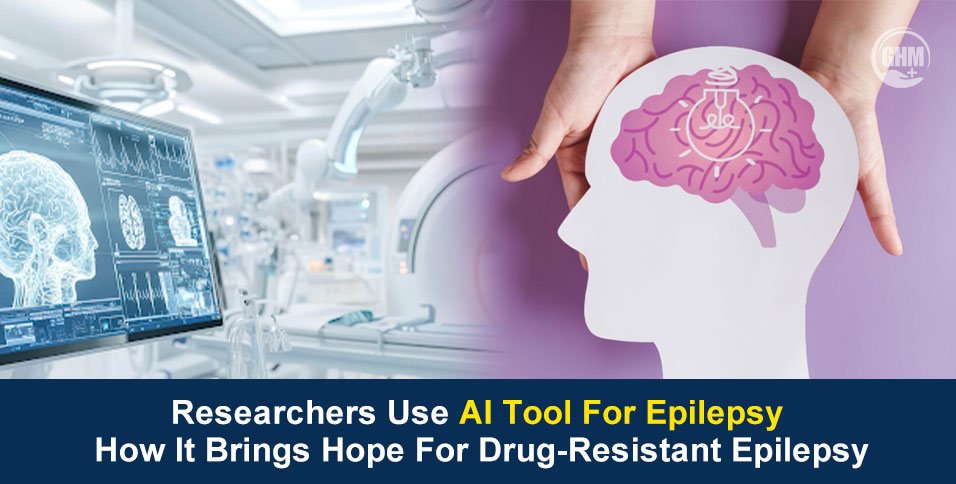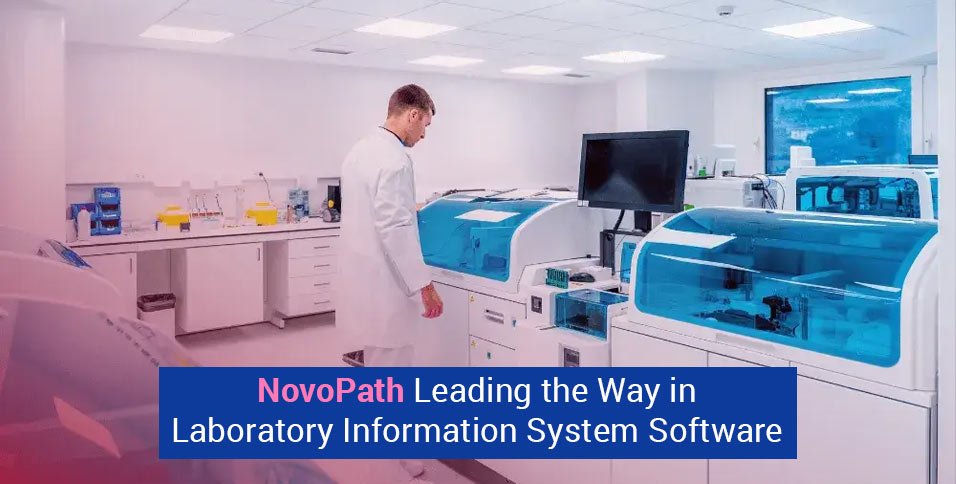In the intricate world of biotechnology, a revolutionary partnership has emerged, one that holds the potential to reshape the future of medicine. This dynamic duo comprises the precision of artificial intelligence (AI) and the intricacies of drug discovery. Together, they are changing the way we identify and develop life-saving pharmaceuticals. In this blog, we’ll explore the pivotal role AI plays in accelerating drug discovery processes and how it’s reshaping the pharmaceutical landscape.
The Complexity of Drug Discovery:
Drug discovery is an intricate and time-consuming journey. It involves identifying compounds that have the potential to treat diseases, often relying on trial and error. This method is not only expensive but also takes years. Enter AI, a game-changer in this field.
1. Predictive Modeling: Unleashing the Power of Data
AI excels at predictive modeling. It can analyze vast datasets comprising genetic information, chemical properties, and biological interactions. With this capability, AI predicts how molecules will interact within a biological system, streamlining the selection of potential drug candidates.
2. Target Identification: Hitting the Bullseye
At the initial stages of drug discovery, researchers must identify the biological targets associated with a disease. AI dives deep into genetic data, pinpointing specific genes or proteins linked to the condition. This not only accelerates the process but also enhances precision.
3. Drug Repurposing: Breathing New Life into Old Drugs
AI algorithms are adept at spotting existing drugs that could be repurposed for new therapeutic purposes. By analyzing data on drug interactions, AI unveils hidden potential in drugs developed for different conditions, potentially saving years of development time.
4. High-Throughput Screening: Automation at Its Finest
Labor-intensive high-throughput screening tests thousands of compounds for therapeutic potential. AI-driven robotics automate this process, dramatically increasing efficiency and reducing costs.
5. Toxicity Prediction: Prioritizing Safety
Safety is paramount in drug development. AI models predict potential toxicity issues in candidate compounds, helping researchers prioritize those with a higher safety profile.
6. Clinical Trial Optimization: Navigating the Trials
AI optimizes clinical trial design by considering various factors, such as patient demographics and genetic variations. This leads to more efficient and successful trials.
7. Drug Formulation and Manufacturing: The Perfect Blend
AI extends its reach to drug formulation and manufacturing, ensuring drugs are produced efficiently and consistently, ultimately benefiting patients worldwide.
Challenges and Future Directions:
Despite its immense promise, AI faces challenges related to data quality, regulatory compliance, and ethical considerations. Nevertheless, the potential benefits far outweigh these hurdles.
As we journey forward, the role of AI in drug discovery is set to expand further. Advancements in deep learning, reinforcement learning, and natural language processing will continue enhancing AI’s capabilities. Collaborative efforts between biotech companies, pharmaceutical giants, and AI startups are fueling innovation in this space.
In conclusion, artificial intelligence has emerged as a formidable force in drug discovery. Its ability to analyze vast datasets, make predictions, and optimize processes has the potential to hasten the development of life-saving medications. As AI evolves, we anticipate more breakthroughs, a transformation in biotechnology, and a brighter future for healthcare and medicine.
Also Read: How Blockchain is Transforming Healthcare Data Security



















